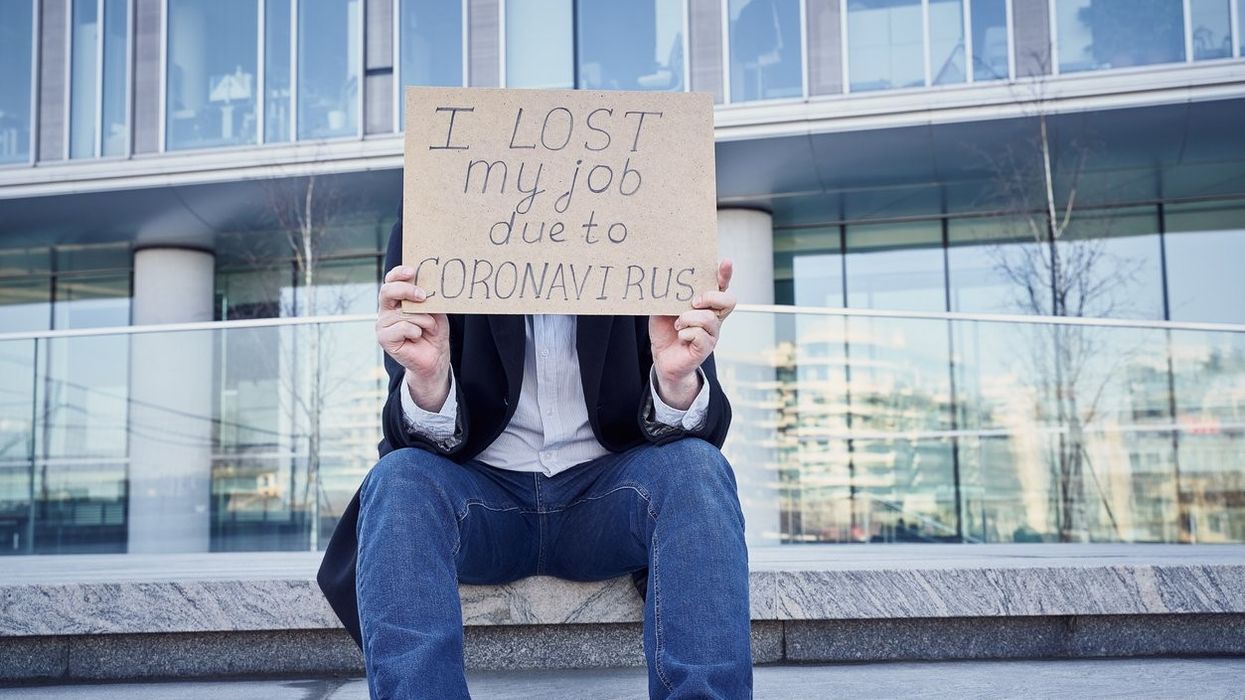A NEW analysis has revealed that the unemployment rate for young black and minority ethnic (BME) workers has risen at more than twice the speed of the unemployment rate for young white workers.
The Trades Union Congress (TUC) analysis published on Saturday (27) has said that the unemployment rate for young BME people aged 16-24 years soared from 18.2 per cent to 27.3 per cent between the final quarter of 2019 and the final quarter of 2020.
The unemployment rate for young white workers rose from 10.1 per cent to 12.4 per cent, during the same period.
More young workers were made redundant during summer 2020 than in all of 2019. And the number of pay-rolled employees aged under 25 fell by 437,000 between February 2020 and February 2021. This accounts for 63 per cent of the nearly 700,000 payroll jobs lost over the pandemic.
According to the union body, the disproportionate effect on young BME people is further evidence of racism within the labour market.
In the wake of this report, the TUC has urged the government tocreate good new jobs and improve and extend the Kickstart scheme.
"Ministers should also ensure that ethnic monitoring is built into the scheme so it is clear who is taking part and whether they are getting jobs at the end. Besides, the government should encourage employers to use positive action measures permitted by the equality act," the TUC said.
TUC general secretary Frances O’Grady said: “Covid has removed any doubt that racism exists in our workplaces – and in wider society. And our new analysis shows that it starts as early as age 16. All our young people need opportunities as they start out on their careers. Some are facing additional obstacles because of their race. That’s wrong.
“Ministers must stop delaying and challenge the racism and inequality that holds back BME people from such an early age. And start creating good new jobs so that all of our young people have a fulfilling future to look forward to.”
Chair of the TUC Young Workers Forum Alex Graham said: “The disproportionate impact on young BME workers is another reminder that racism exists in the labour market as in wider society. More work is needed to tackle discrimination in the labour market and make racism a thing of the past. The government must act to protect and create jobs and provide careers advice to help young people find work."





